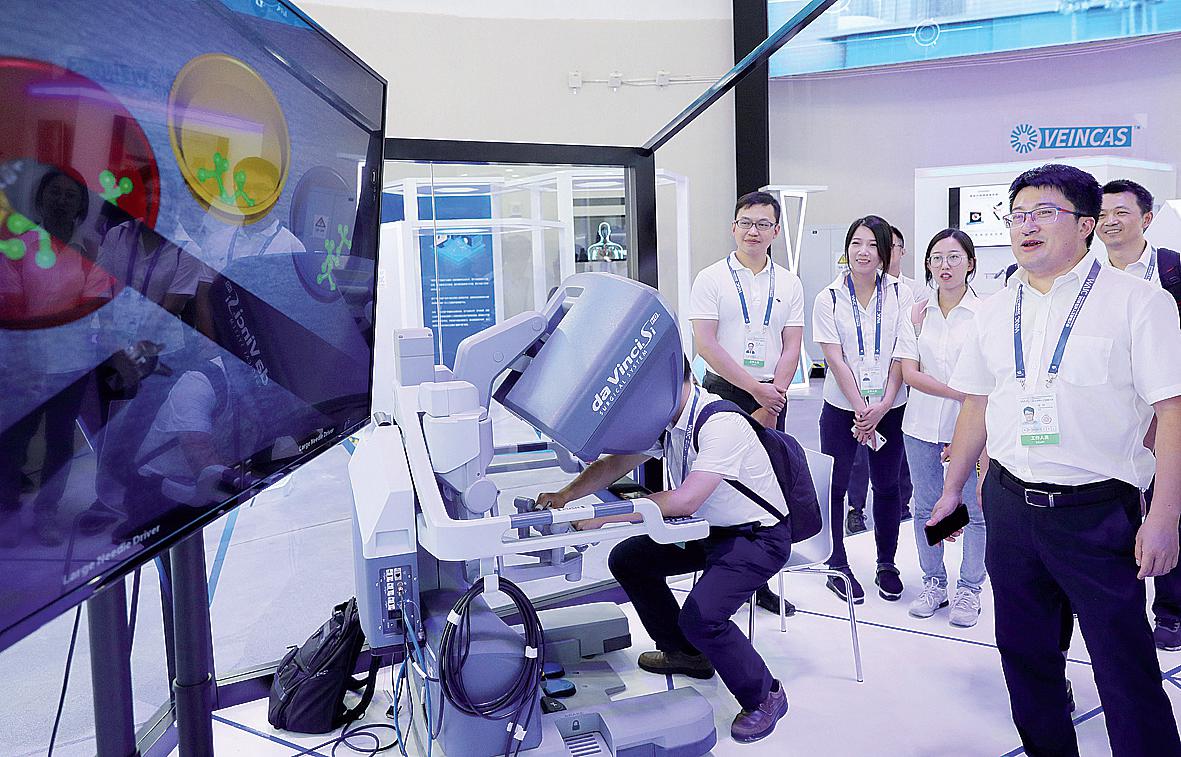Survey: Most executives in Asia don't fear AI and automation


The majority of company executives in Asia view artificial intelligence and automation as opportunity instead of threat, despite their varying levels of willingness to embrace them, according to a survey by the Economist Intelligence Unit that was released in October.
The survey findings stated that 70 percent of business leaders polled felt this way, with 47.6 percent of those within this group even identifying AI and automation as a "big opportunity".
Only 7.3 percent of 500 country-level CEOs and presidents viewed them as "major threats".
However, very few executives in the region feel that their companies are prepared to face the incoming disruptions caused by AI and automation — only 7.3 percent feel "highly prepared" and "fully prepared".
At the other end of the spectrum, 8.5 percent of the executives said they felt "least prepared".
According to the report, CEOs in Asia are generally optimistic about automation and AI, with the top three benefits listed being an improvement to efficiency, a boost to worker productivity and cost reduction.
With regard to workplace impact, 62.8 percent of CEOs think that the biggest change automation and AI will bring is in creating more flexible working arrangements and less formal employment types.
Almost half (46.2 percent) of respondents believe that the impact of AI and automation will be confined to roles that are repetitive in nature. Only a small fraction, or 9 percent of respondents, think that automation and AI will affect all job types.
The report also said that most CEOs believe highly-skilled workers will face the least risk of being made redundant as a result of AI, as more employers will value people skills and soft skills.
The results echoed a joint research conducted by BI Norwegian Business School and consultancy Accenture, which discovered that managers in the Asia-Pacific region are generally more receptive to AI compared with their European peers.
The study, which surveyed 1,770 managers from 14 countries and interviewed 37 executives overseeing digital transformation, showed that 42 percent of managers in this region trust advice from AI systems, significantly higher than the 18 percent in Europe.
"Our research suggests that if managers know about technology, their expectations of these AI systems are higher, but they are not necessarily less fearful of it," said Vegard Kolbjornsrud, assistant professor of strategy and entrepreneurship at the school and senior research fellow in Accenture.
"What makes the difference in managers' hesitance and fear is being taught to use the technology, or being given a basic technological skillset."




































